On June 23, 2025, a delegation led by Professor Bruce Macfarlane (Dean of the Faculty of Education and Human Development, The Education University of Hong Kong), Professor Chen Junjun (Associate Dean), and Assistant Professor Zheng Yingtong paid a visit to our institute. They attended the Academic Seminar on Global Geopolitical Changes and University Academic Cooperation & Exchange co-hosted by both faculties, which was held in Lecture Hall 502 of Huang Yihong Building, Xiamen University. Representatives from Institute of Higher Education (IHE) in attendance included Professor Bie Dunrong (Dean), Yao Youxin (Deputy Secretary of the Party Committee), and Professor Zhao Tingting (Associate Dean), among other faculty members. Professor Guo Jianpeng, Deputy Director (in charge of work) of the Graduate School Academic Affairs Office of the Graduate School of our university, was also present. The seminar was chaired by Professor Wu Wei, Deputy Director of the Higher Education Development Research Center of Xiamen University.
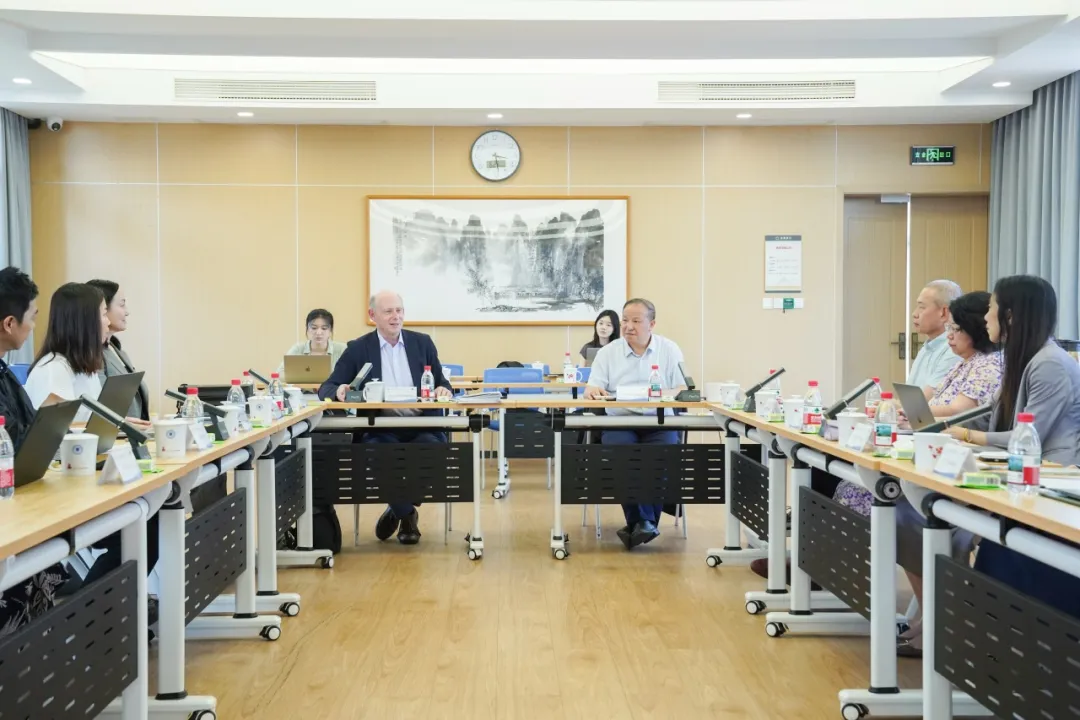
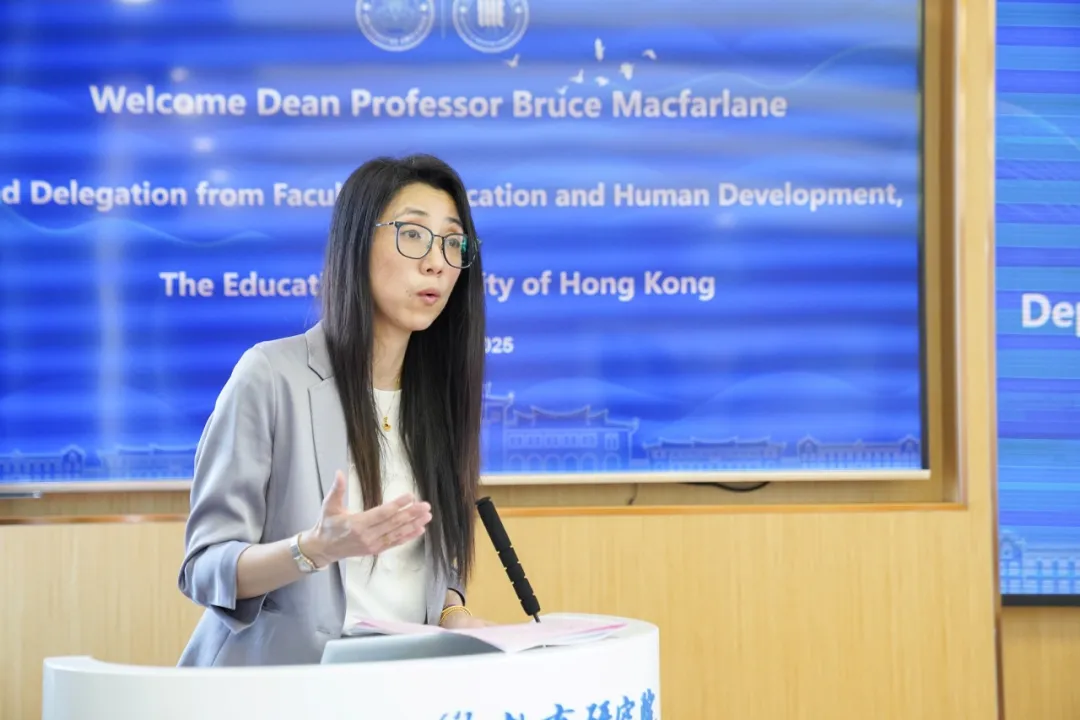
President Bie Dunrong delivered a welcoming speech. He recalled the pleasant experience of his visit to a Hong Kong university in April and his meeting with Dean Macfarlane, stating that the two institutions have already made a good start to their cooperation. Subsequently, he briefed the attending guests on IHE, research areas, and latest development status. Professor Macfarlane (Dean) expressed his appreciation for our college’s warm hospitality. He shared his long-standing engagement with higher education, elaborated on his distinctive perspectives on the development of higher education, and voiced his expectations for the future cooperation prospects between the two colleges. This seminar would serve as a key opportunity for both parties to deepen their collaboration.
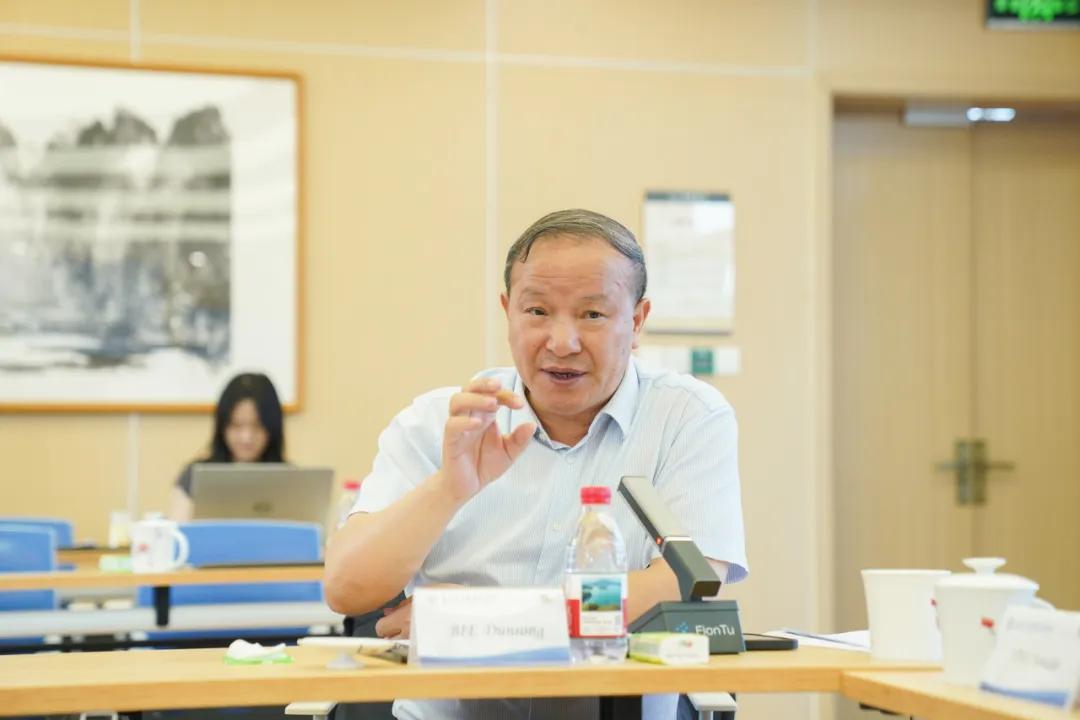
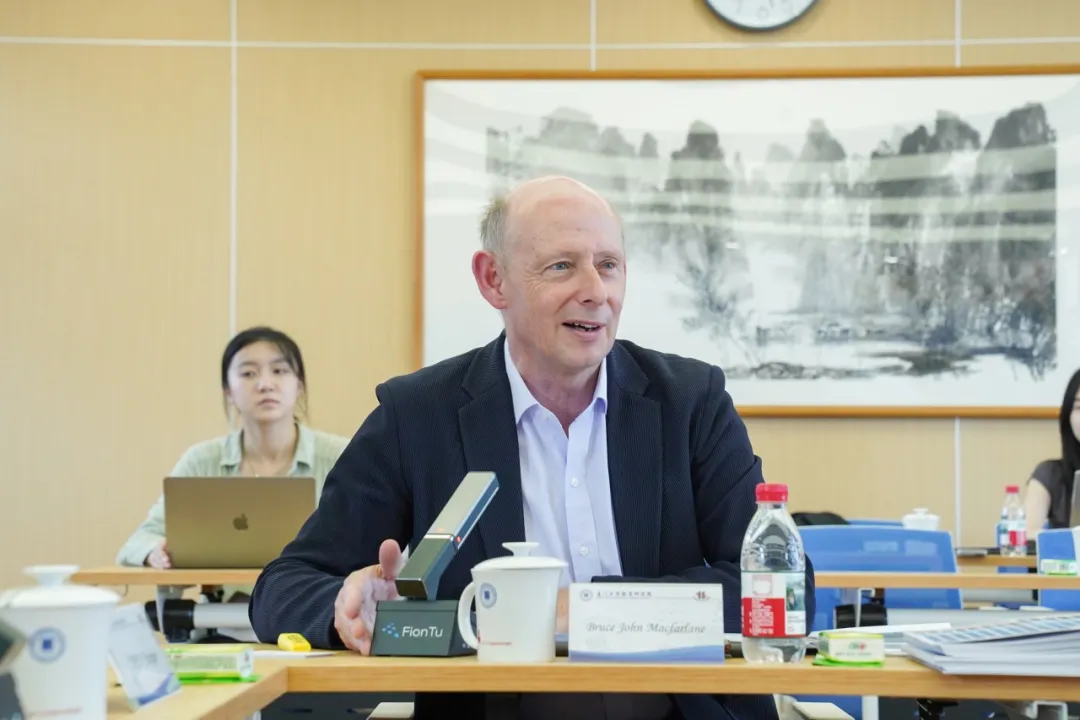
At the academic presentation session, Assistant Professor Yu Jingran from our institute delivered a report titled “Geopolitics of Knowledge: Student Perspectives at a Chinese International Branch Campus in Malaysia”. Based on long-term fieldwork at Xiamen University Malaysia, the report examines how transnational higher education institutions, as emerging non-state actors, participate in and reshape the geopolitical landscape of the global knowledge order. From the perspective of knowledge geopolitics, she critically analyzed the persistent influence of “Western-centrism” in the global higher education system. Combining in-depth interviews and participant observation with students from multiple countries, she further revealed the multifaceted roles of transnational higher education in challenging, reproducing, and negotiating the global knowledge hierarchy amid deepening South-South cooperation.
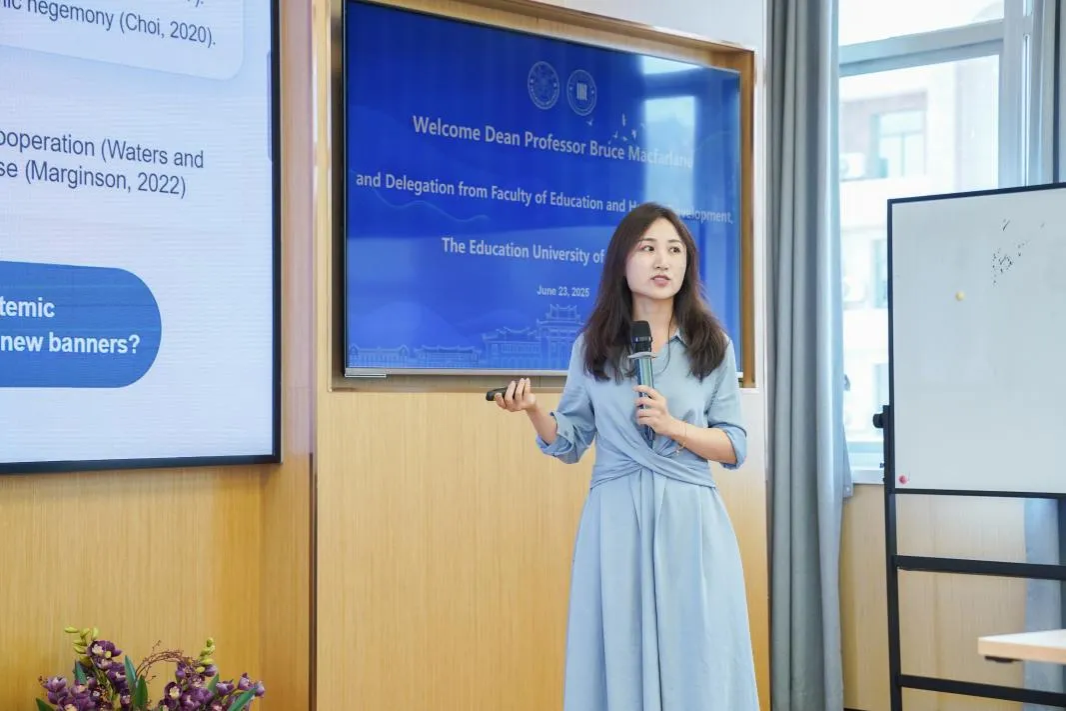
Dean Macfarlane delivered an academic presentation titled De-colonising what makes an academic “international”: developing criteria for evaluating global professorial talent. Building on existing research, his talk incorporated three key pillars: a critical analysis of how “international academics” are defined in university internationalization policies, a study on the motivations driving the mobility of “international academics,” and the theoretical application of a typology distinguishing between “Local” and “Cosmopolitan” scholars. Drawing on empirical data collected through interviews and questionnaires, he proposed a new evaluation framework for “international academics” dubbed “ABEONA” which encompasses the following dimensions: overseas academic qualifications, academic impact, international reputation, overseas work experience, academic networks and an open mindset, and contributions to the internationalization of one’s discipline. He argued that the core criteria for identifying a truly “international academic” should lie in the global influence of their academic work, their level of contribution, and their cross-cultural competence rather than their nationality or ethnic background.
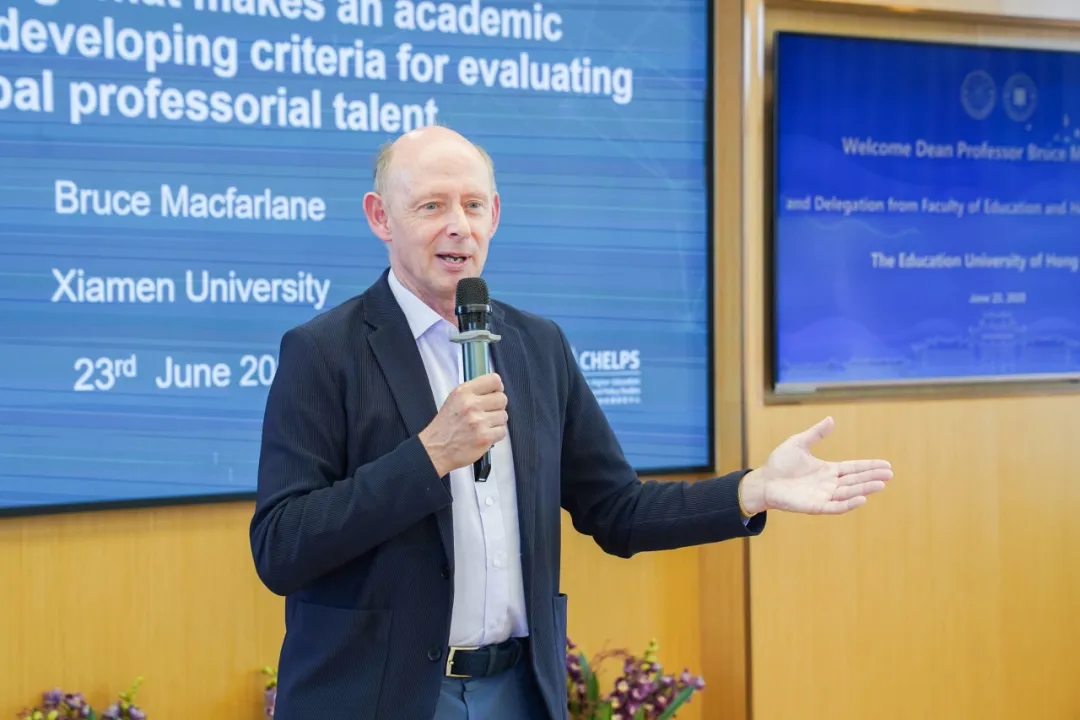
During the discussion session, scholars from both institutions posed questions regarding the content of the academic presentation and engaged in in-depth exchanges around topics such as the impact of geopolitics on higher education, shifts in university faculty evaluation criteria, and cross-cultural education research. Dean Macfarlane addressed the questions raised by faculty members from our college. Associate Dean Chen Junjun specifically emphasized the importance of collaboration between the two institutions and proposed deepening cooperation in areas including joint research and faculty-student exchange programs. Assistant Professor Zheng Yingtong noted that the seminar held significant academic value, as it offered new perspectives for cross-cultural education.
Lastly, Dean Bie Dunrong delivered a summary of the seminar. He spoke highly of the innovation and insightfulness of the two academic presentations, noting that they combined theoretical depth with practical relevance, and put forward constructive suggestions for future research.
Prior to the seminar, Dean Bie Dunrong, Director Bao Wei, and Deputy Director Wu Wei held a meeting and discussion with Dean Bruce Macfarlane, Associate Dean Chen Junjun, and Assistant Professor Zheng Yingtong. During the meeting, the two parties reached a preliminary consensus on enhancing academic exchange and cooperation as well as joint student training between the two institutions. They also agreed that the next academic seminar between the two sides would be held in Hong Kong at an appropriate time.
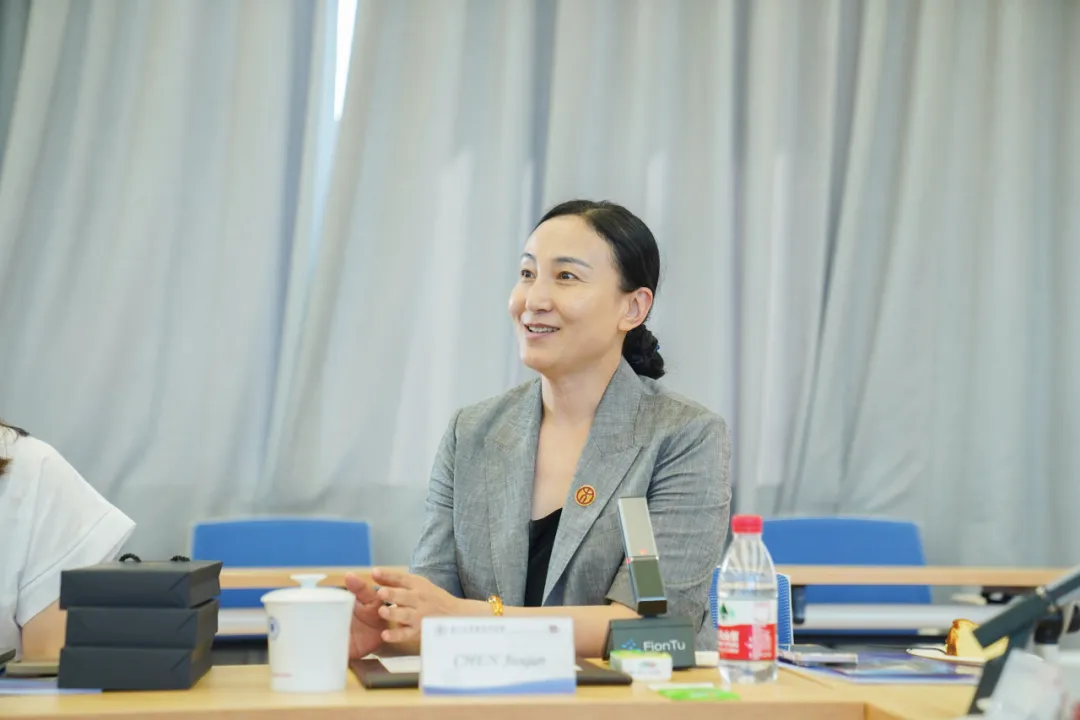
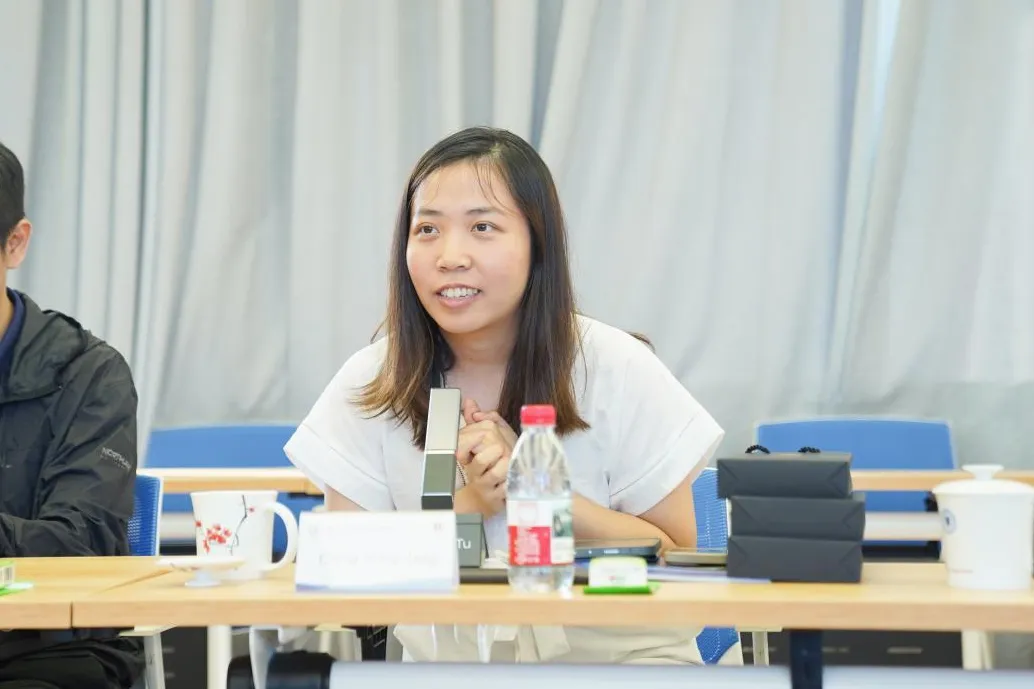
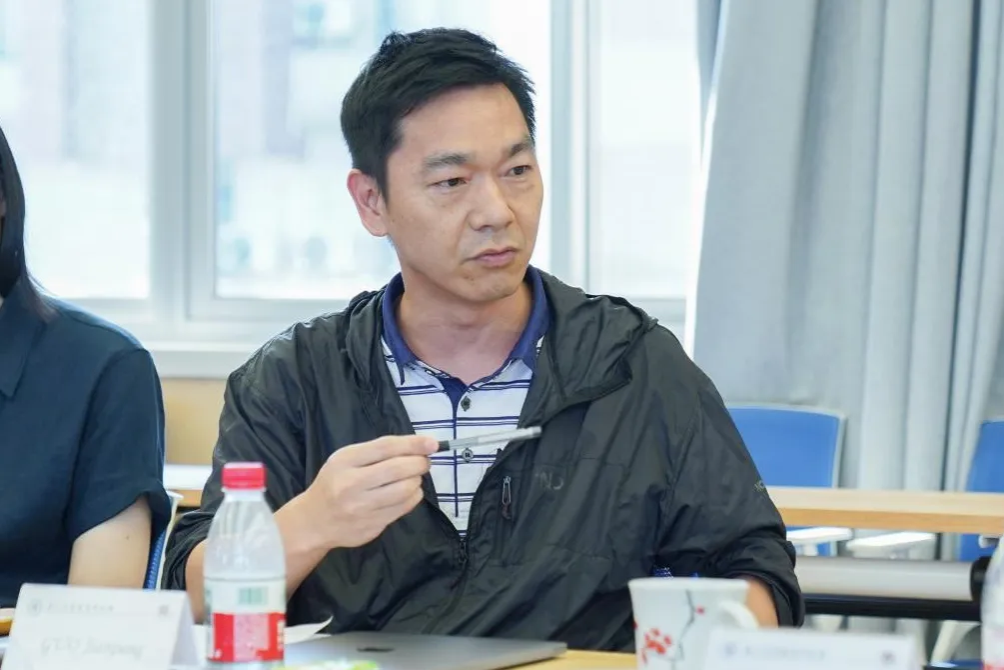
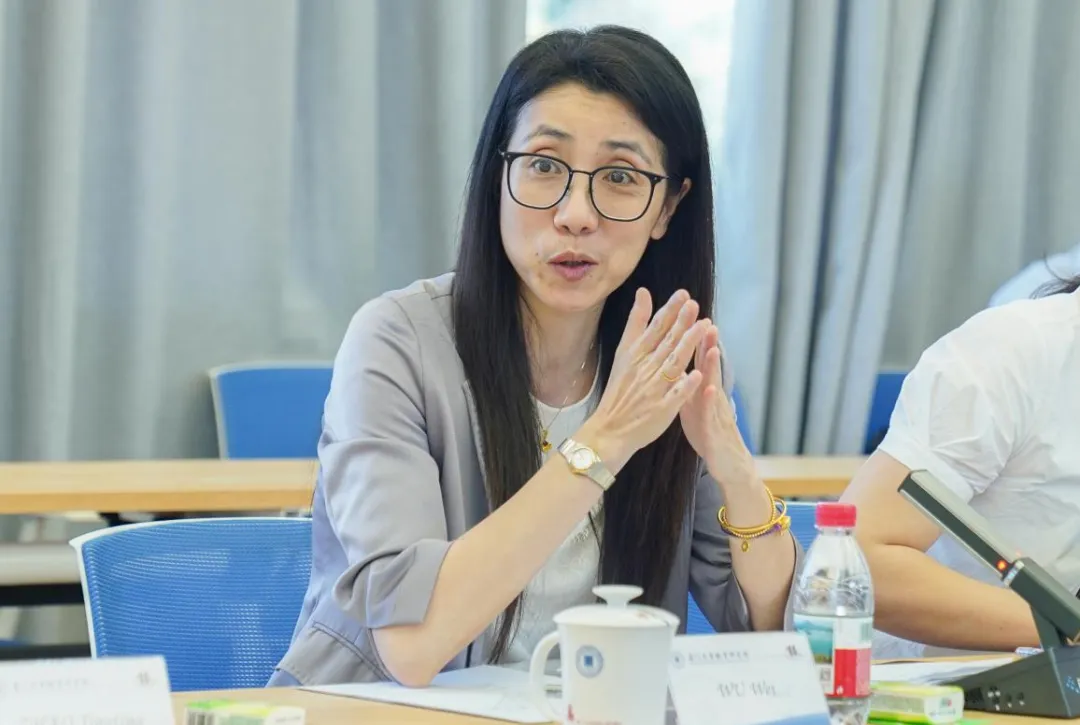
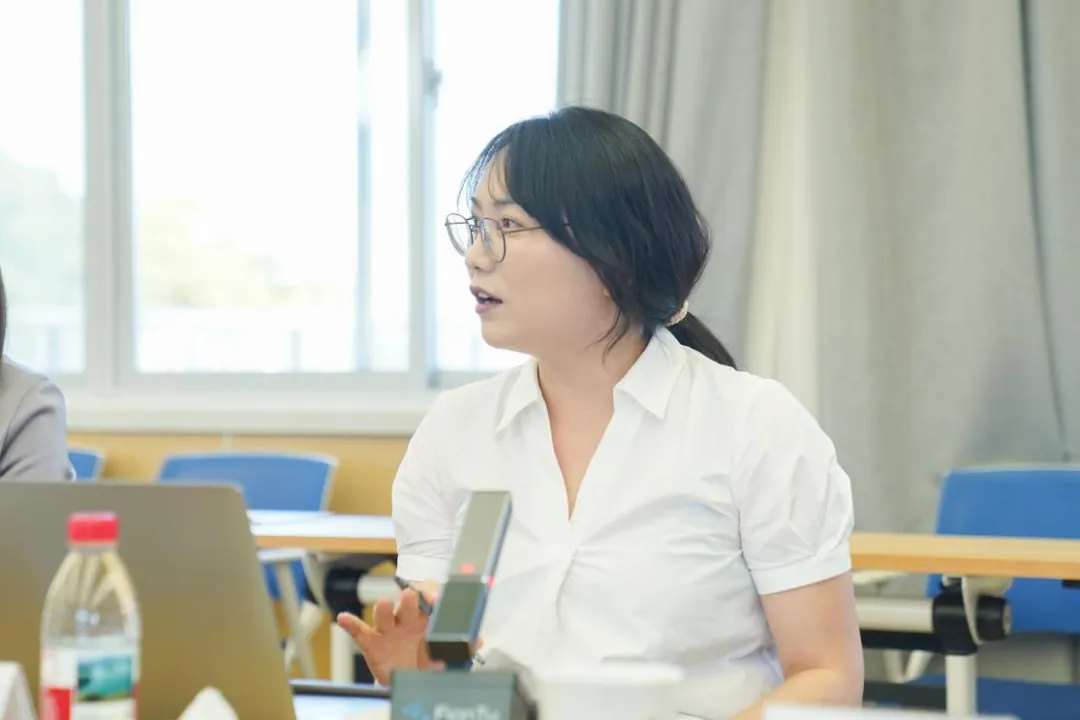
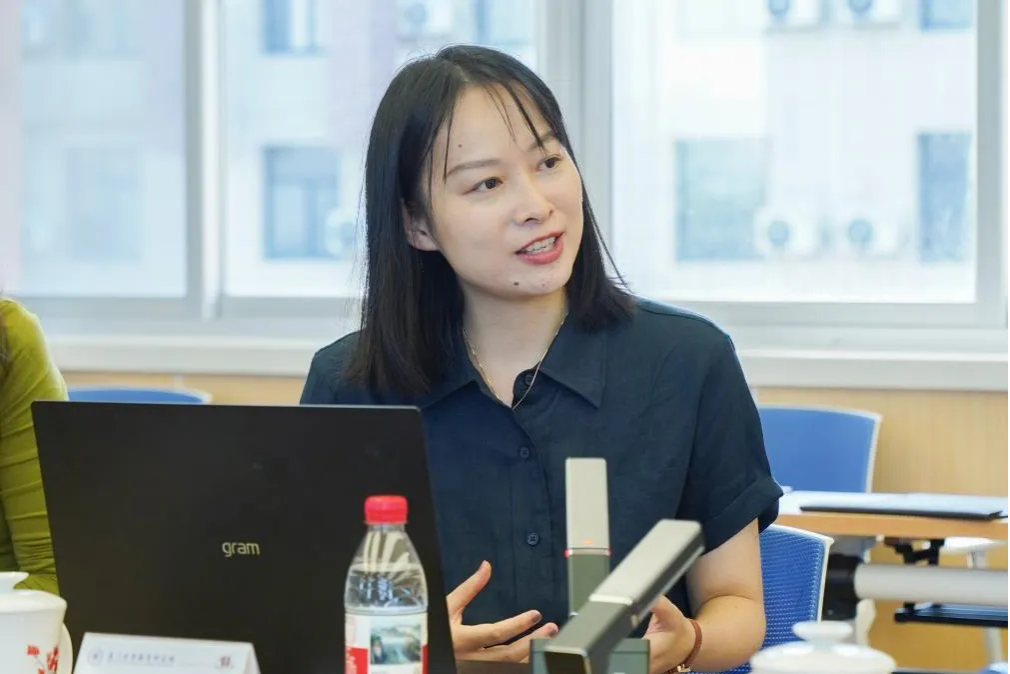
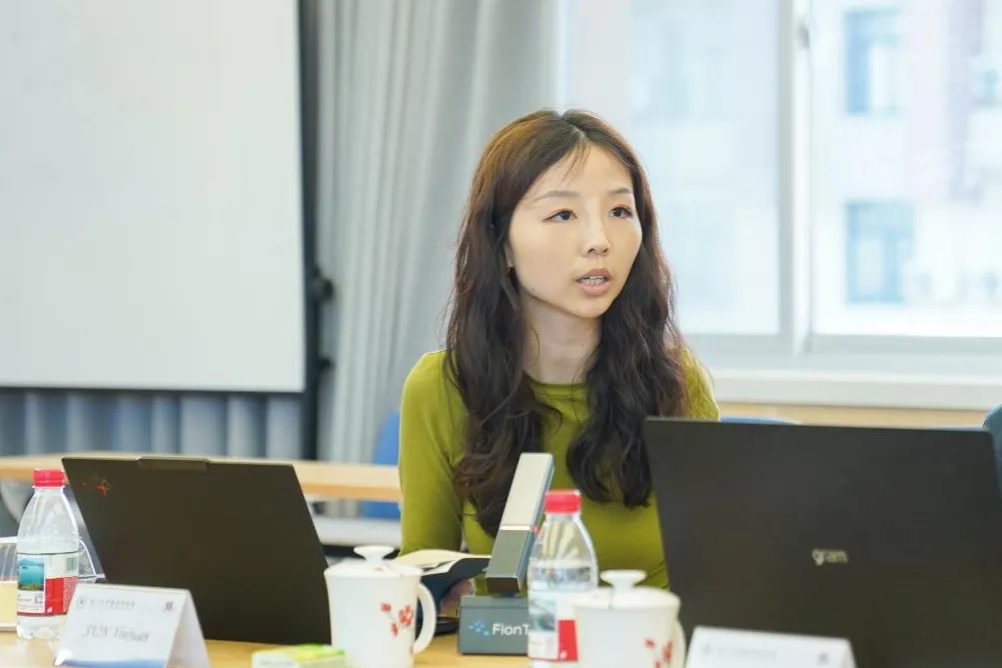
At the closing of the conference, Dean Bie Dunrong and the guests exchanged souvenirs and posed for a group photo. The symposium not only deepened academic exchanges between the two institutions but also laid a solid foundation for broader cooperation under globalization. Both sides agreed to maintain close contact and jointly promote new developments in faculty visits, academic collaboration, and student training.
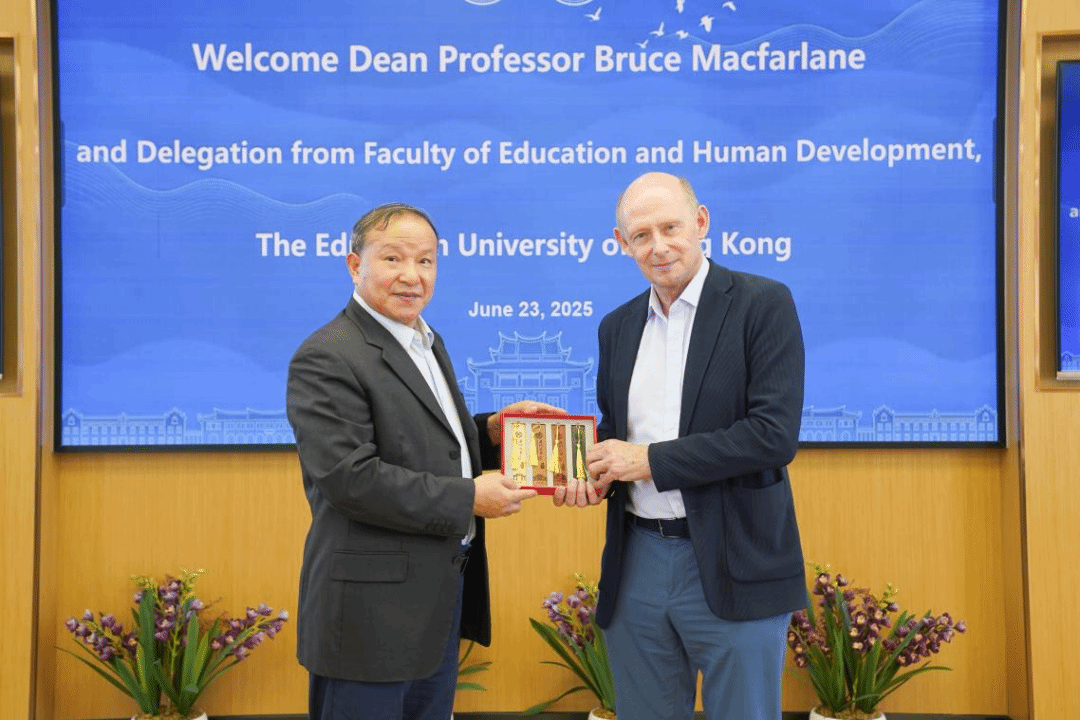
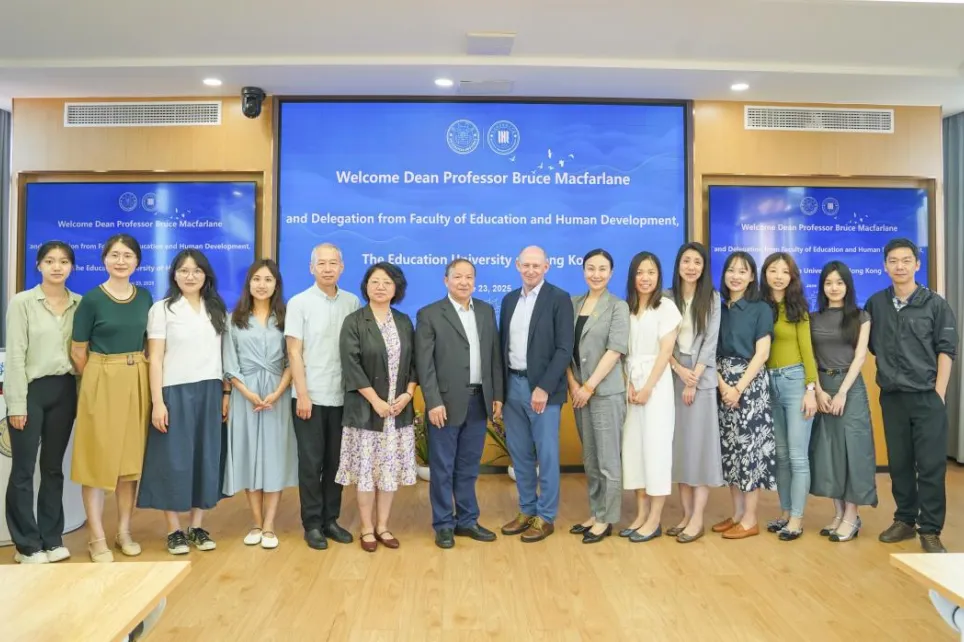
Image by: Ruan Lu
Text by: Lin Hanyan and Ni Yujia
Translated by:Dai Lan